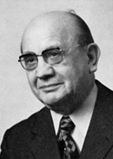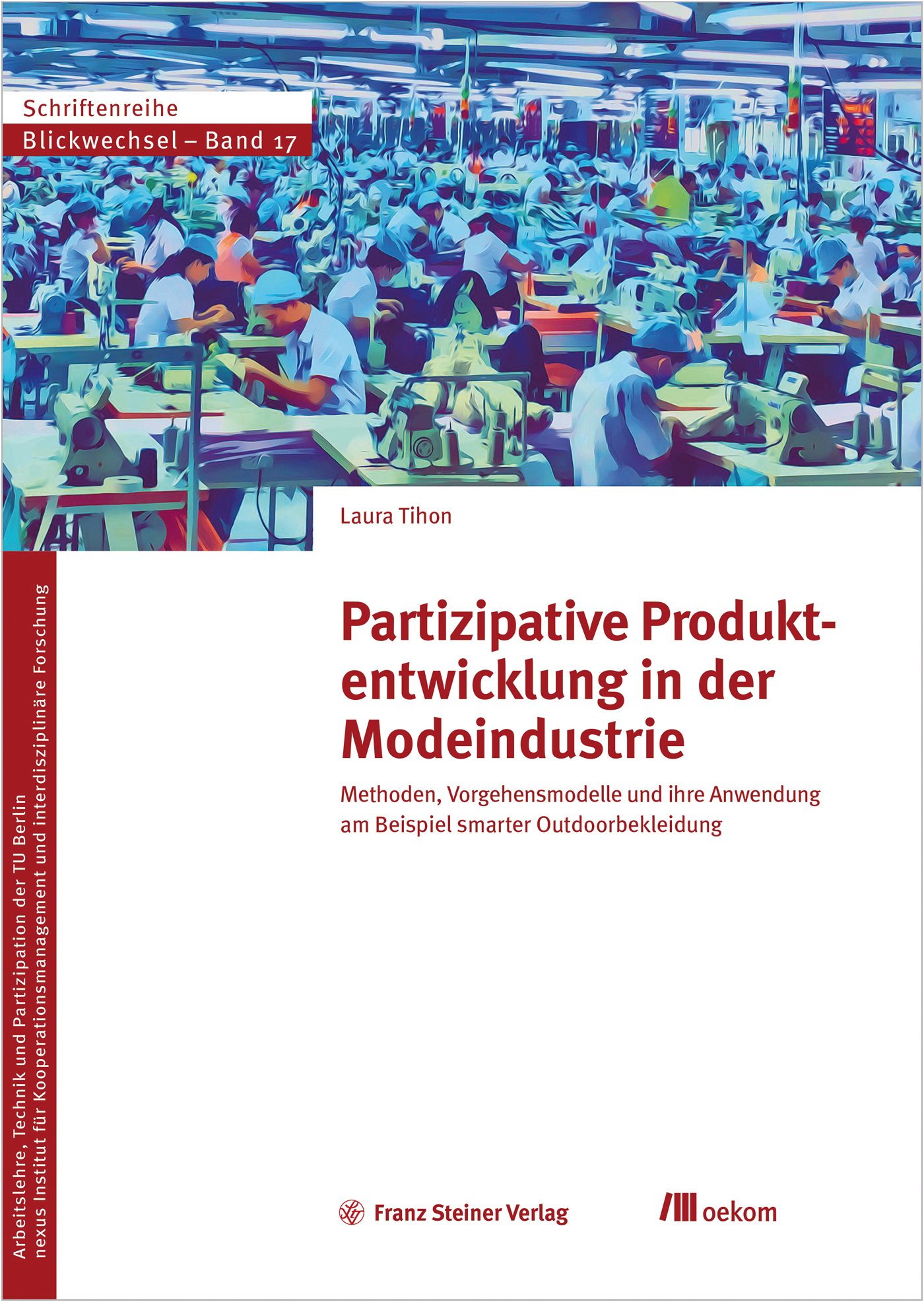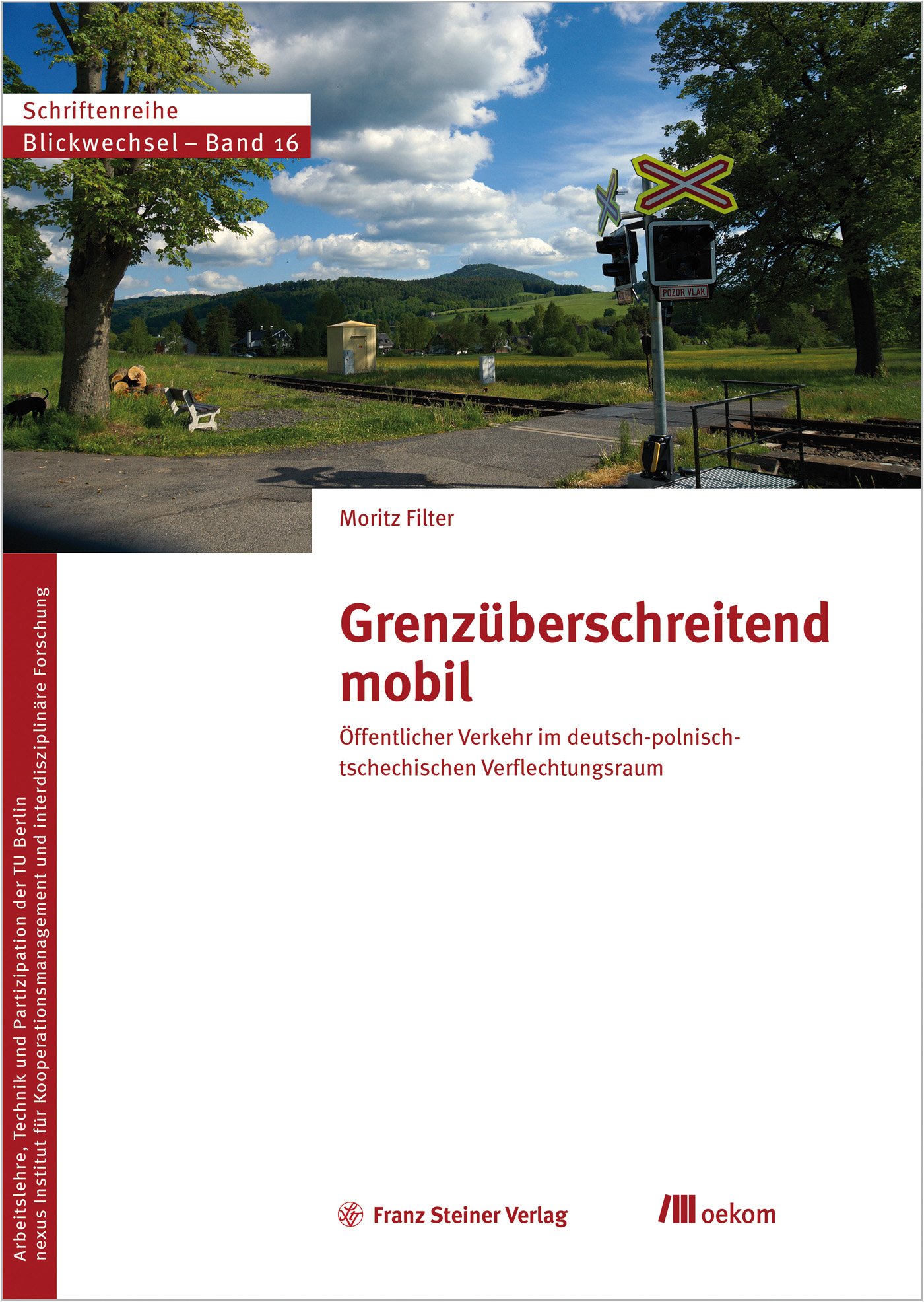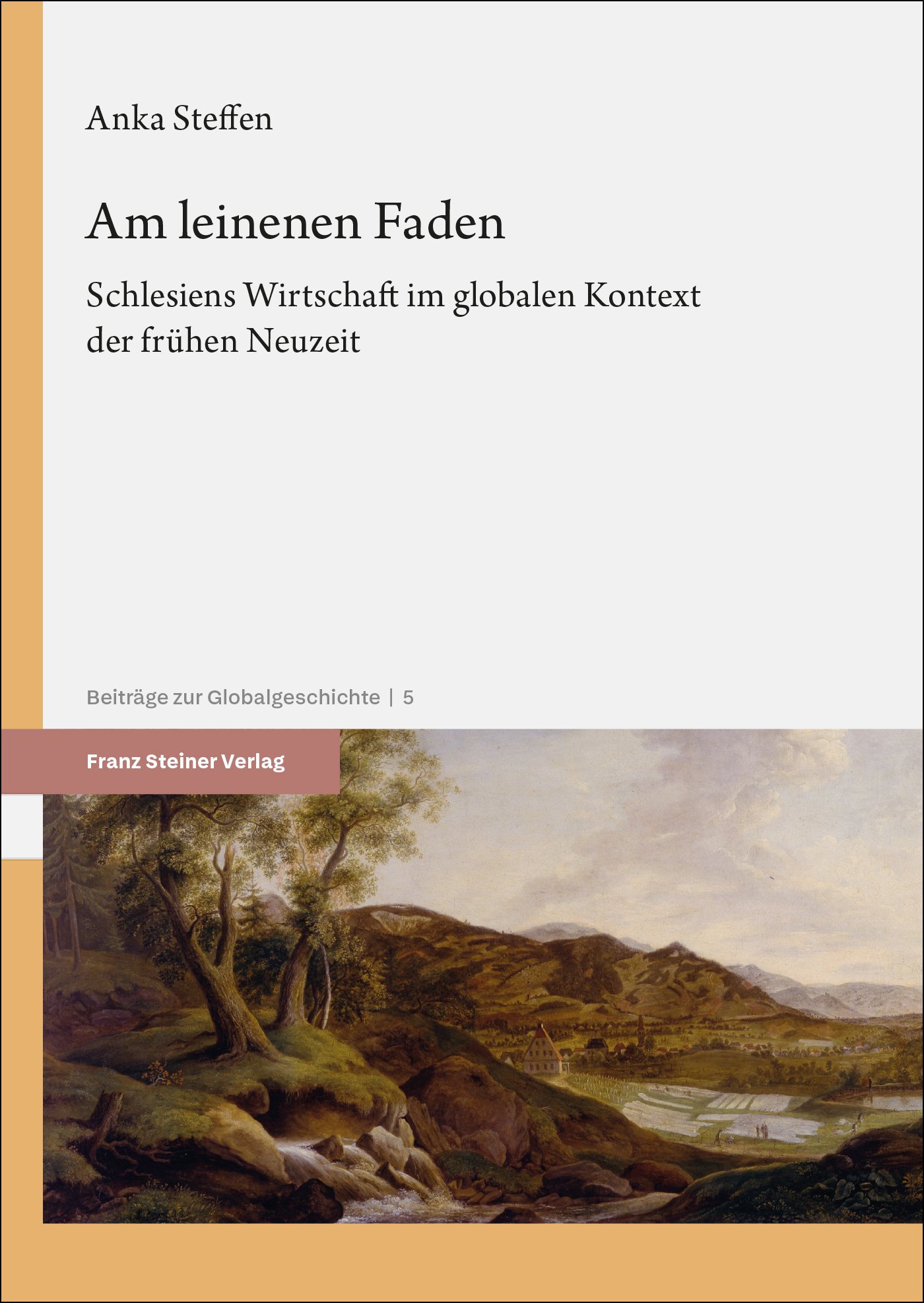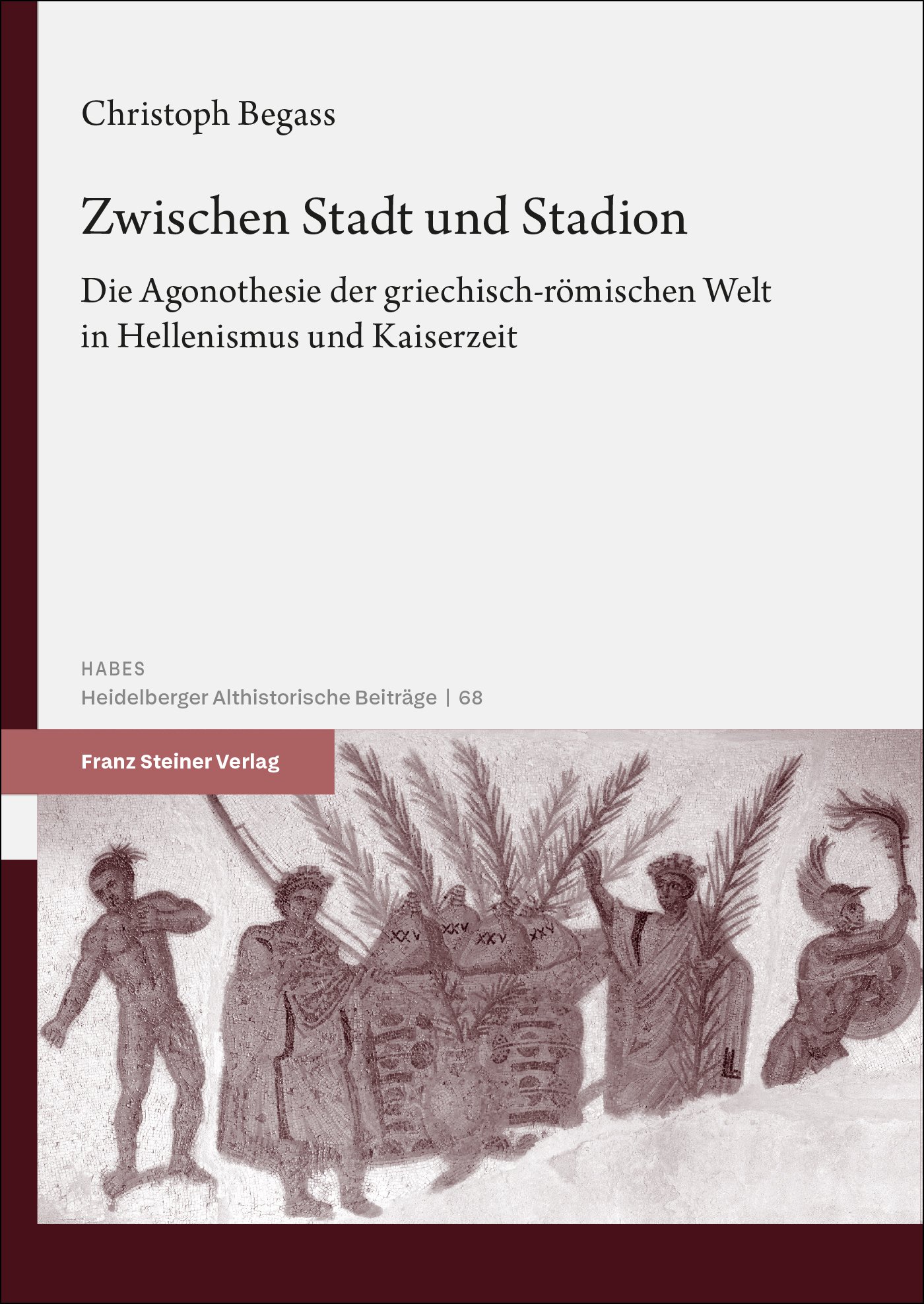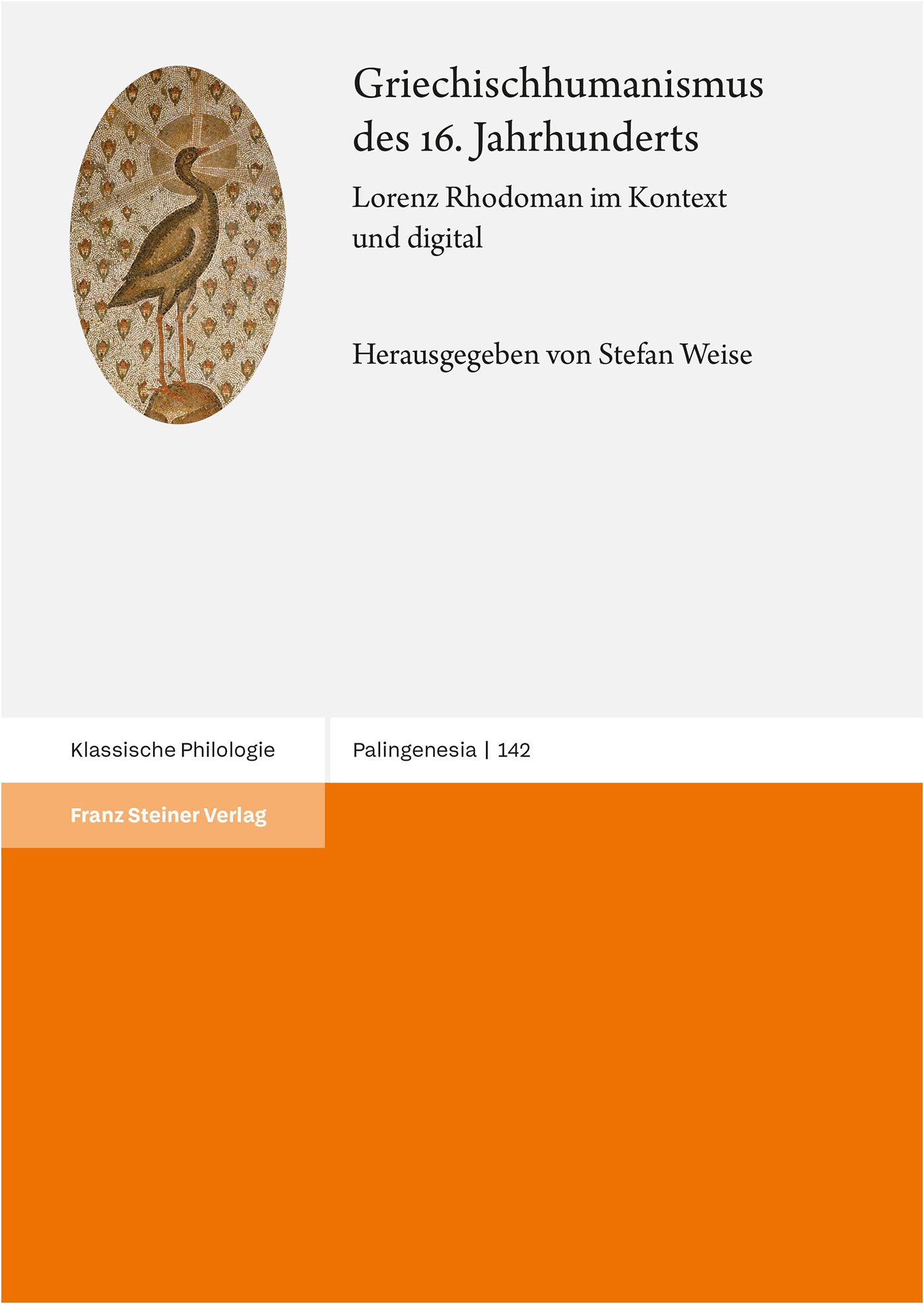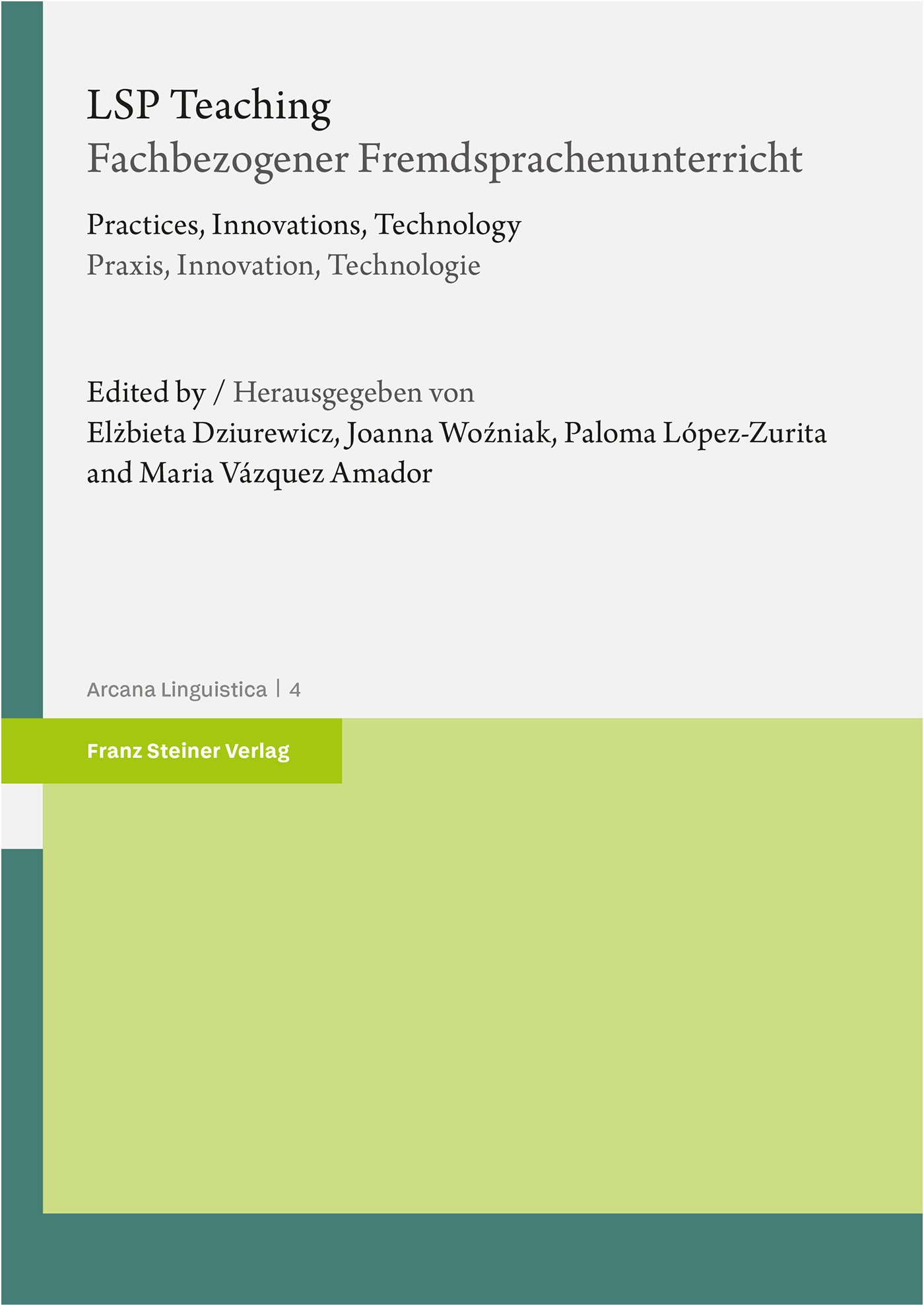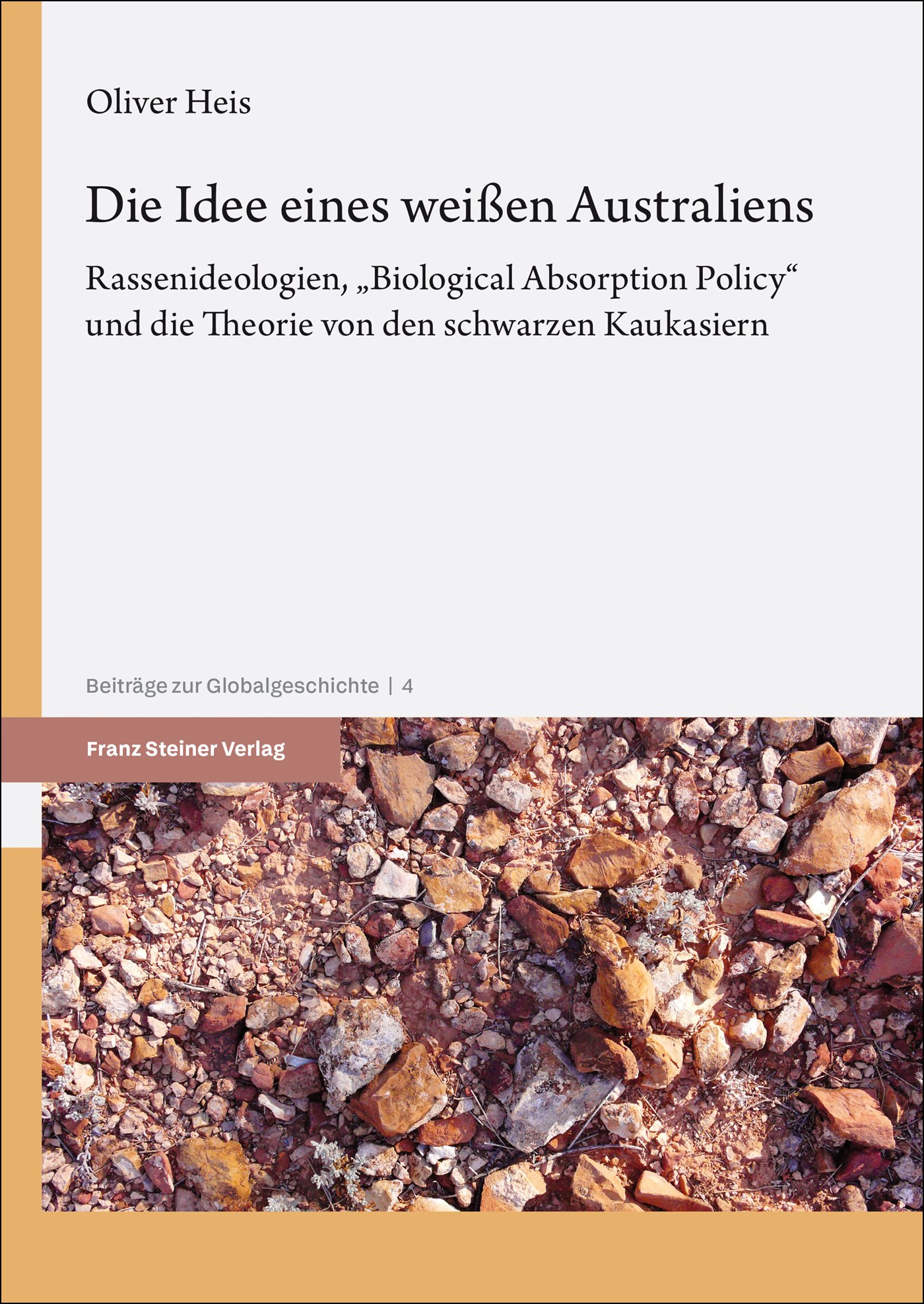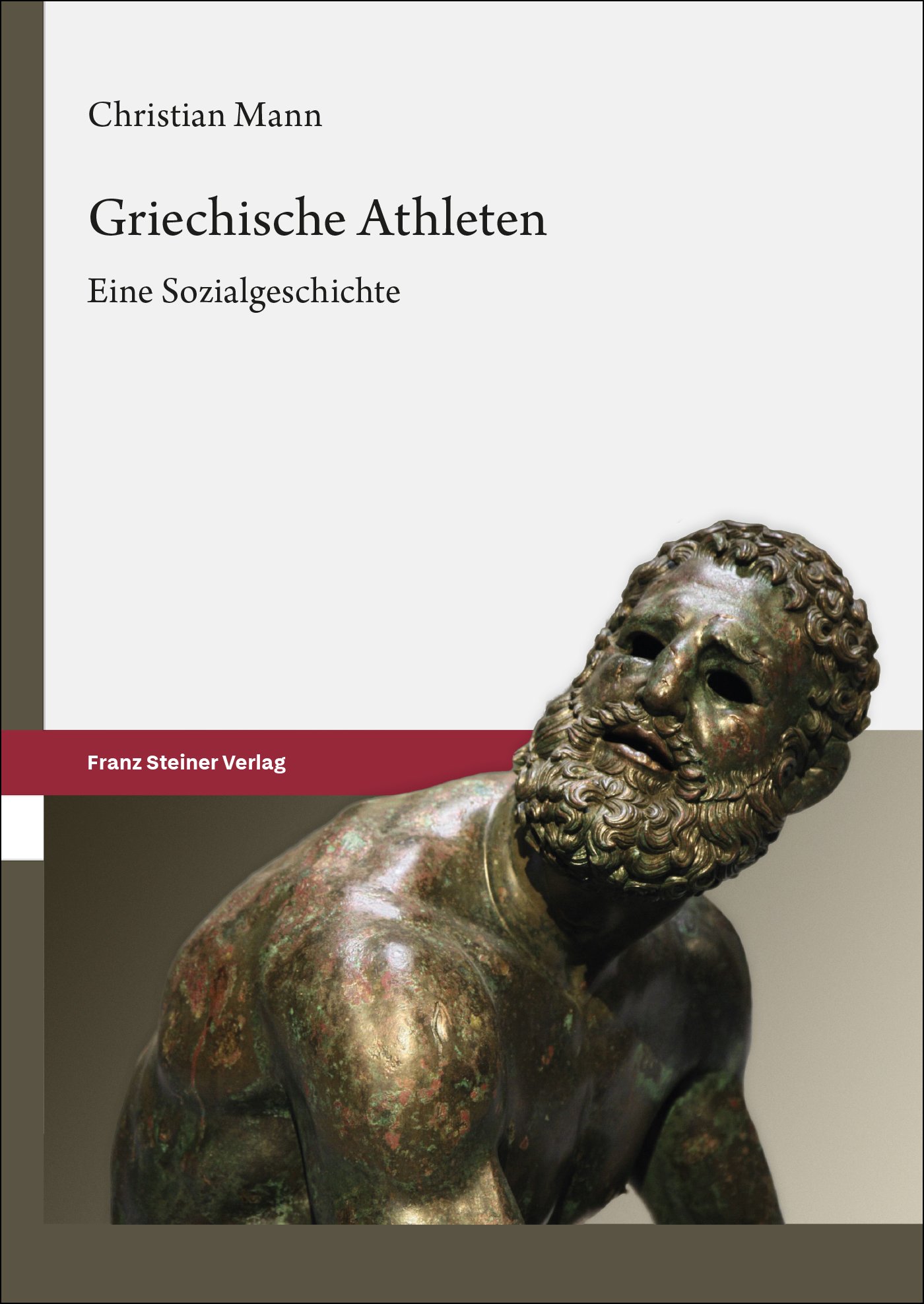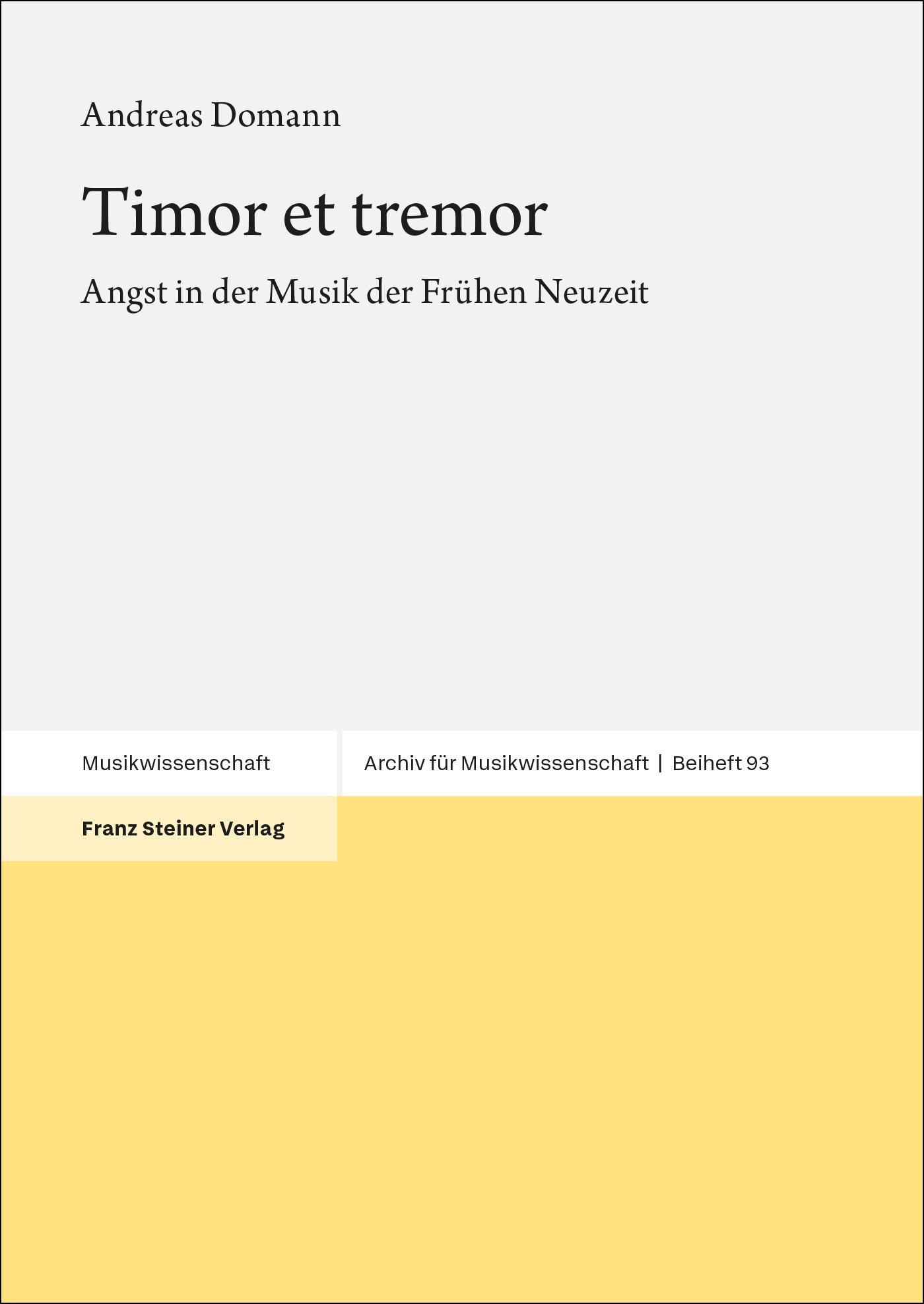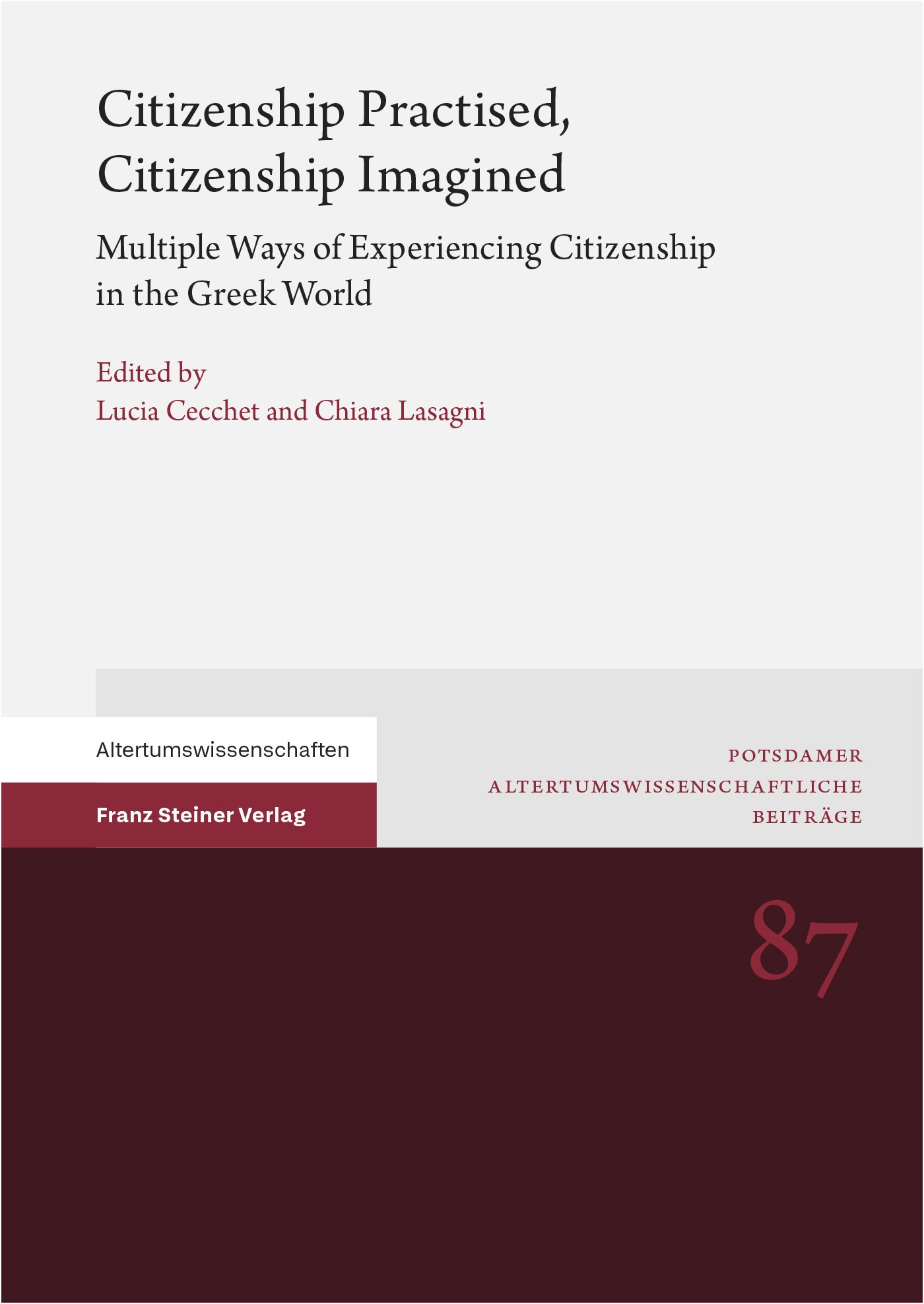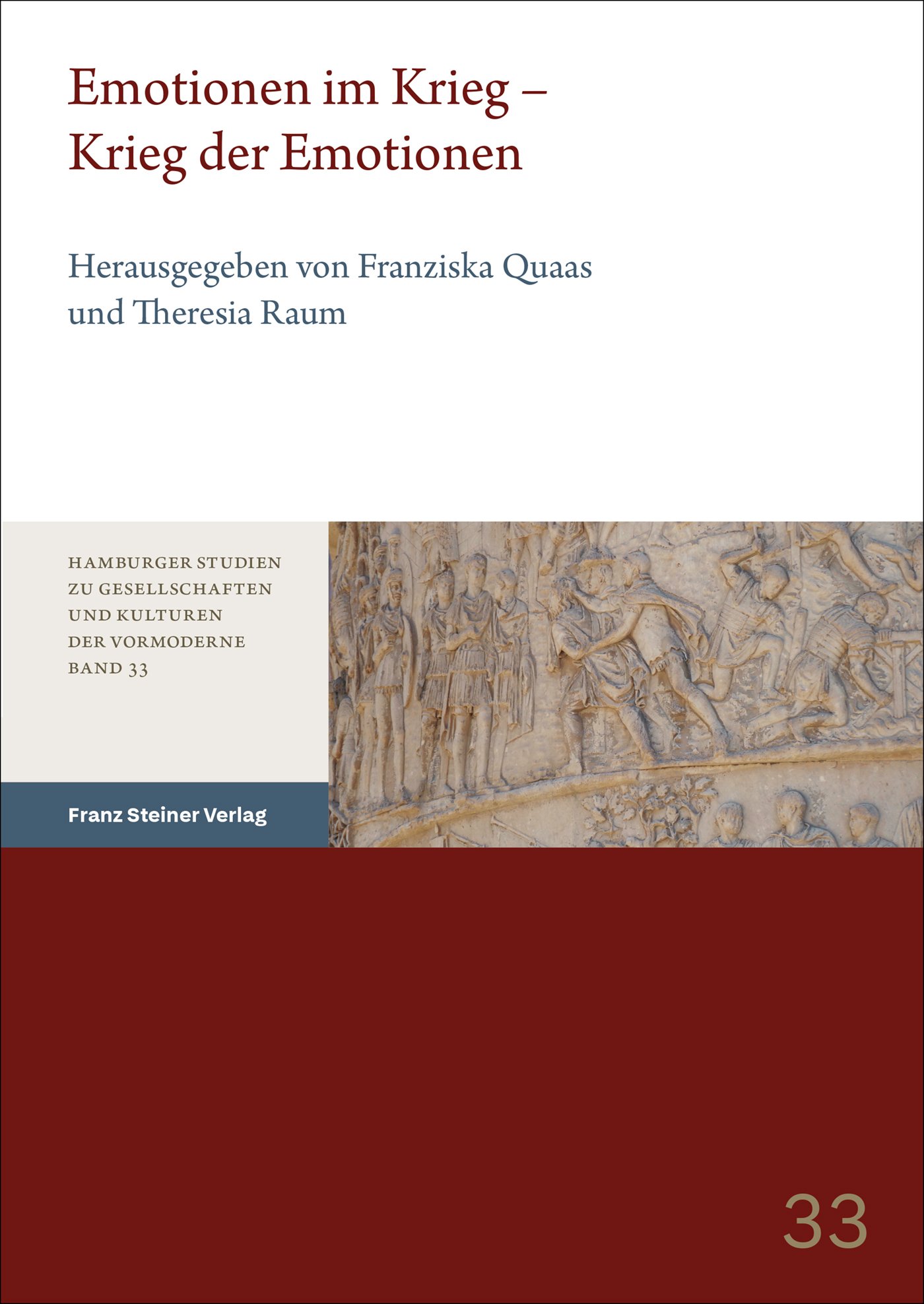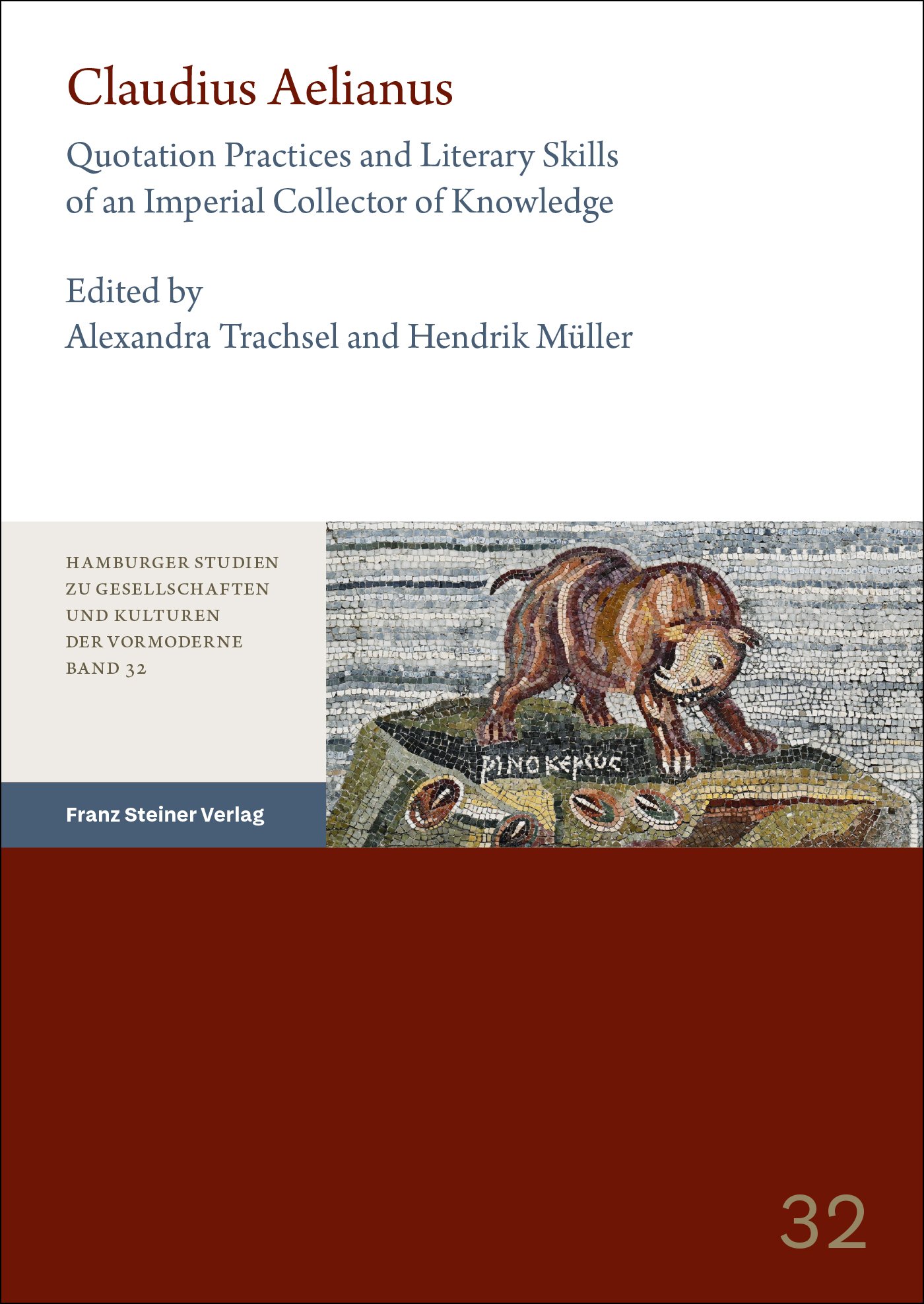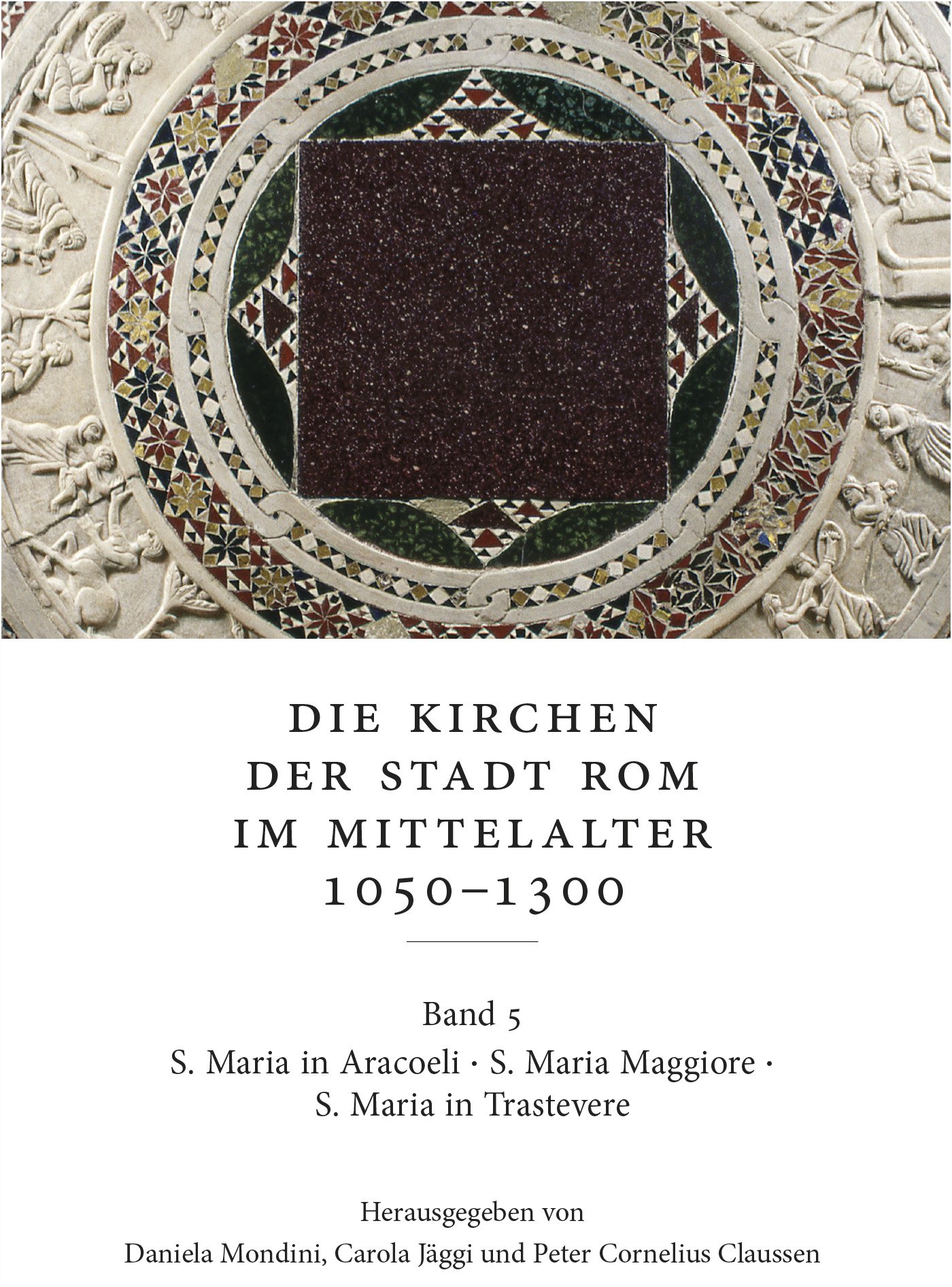History
From Leipzig to Stuttgart
Die Vergangenheit unseres Verlags ist eng verwoben mit der deutschen Nachkriegsgeschichte. Von Leipzig wanderte er in die amerikanische Besatzungszone nach Wiesbaden, wo er 1949 offiziell gegründet wurde und seinen Namen erhielt. In den 1980er Jahren ging die Reise nach Stuttgart, aber lesen Sie selbst …
Franz Steiner
In 1892 Franz Steiner was born the son of a print shop owner in Graefenhainichen near Leipzig, Germany. After an apprenticeship as a typesetter, he took over the management of his father’s business, which was expanded with a second print shop in 1927. Early on, Steiner began to specialise in the highly demanding field of scholarly typesetting, focusing particularly on old and rare foreign languages and Middle Eastern works. As a result of this he was able to build up close ties to both the Deutsche Morgenlaendische Gesellschaft (German Oriental Society) and the Prussian Academy of Sciences between the two world wars, connections which would later stand him in good stead.
Although Steiner’s businesses survived the Second World War undamaged, he decided to leave the Soviet occupation zone and, at over 50 years of age, start over again in West Germany. He was supported in this by the American military government, which had already organised the westward move of several leading publishers before withdrawing from Leipzig. Thus, in 1946 Franz Steiner was once again able to open an academic printing house, the Wiesbadener Graphische Betriebe in Wiesbaden. Many of his old employees made the move with him.
In May 1949 Steiner received a license to found his own publishing company, which he named the Franz Steiner Verlag. At this point his old connections proved invaluable. Back in the 1930s Steiner had already become acquainted with Helmuth Scheel, director of both the Prussian Academy of Sciences and the Deutsche Morgenlaendische Gesellschaft (German Oriental Society). After the war, Scheel worked to re-establish both societies in Mainz and to help found the Akademie der Wissenschaften und der Literatur Mainz (Academy of Sciences and Literature, Mainz). In the same year that his new publishing house was founded, Franz Steiner was able to sign long-term contracts with both institutions, and from the very beginning he worked closely with the Notgemeinschaft der Deutschen Wissenschaft (Emergency Association of German Science), the precursor of today’s Deutsche Forschungsgemeinschaft (German Research Foundation). Among other things, he was able to purchase the West German licence for the first postwar edition of the German dictionary “Duden”, which had been published in Leipzig in 1947. The new publishing house quickly took root, and Franz Steiner became a central figure in the re-establishment of academic publishing in postwar Germany. Until his death in 1967, he remained in charge of the company, and his vision for the company’s thematic focus lives on to this day.
Karl Jost
Vincent Sieveking
Vincent Sieveking, von Haus aus Slavist und Anglist, führte den Verlag 24 Jahre. Unter seiner Ägide wurde vor allem das geschichtswissenschaftliche Programm entscheidend ausgebaut: Neben der Altertumswissenschaft etablierten sich hier neue Schwerpunkte wie die Wirtschafts- und Sozialgeschichte, die Universitäts- und Wissenschaftsgeschichte, die Medizingeschichte und die Osteuropaforschung. Die Schriftenreihen und Zeitschriften dieser Themenfelder sichern bis heute den Ruf des Franz Steiner Verlags als einer der führenden geisteswissenschaftlichen Fachverlage Deutschlands.
Thomas Schaber
Since 2001, Thomas Schaber has headed the publishing house. Schaber holds a doctorate in political science and has built on the programme planning strategy of his predecessors while continuing to evolve the company’s traditional publishing focus – both in print and in e-publishing. He is consistently pursuing the internationalisation of the company by opening up new distribution channels, forms of marketing and cooperations.
Under the leadership of Thomas Schaber, the Franz Steiner Verlag has managed to establish its eLibrary, a continually evolving electronic platform, which has been providing libraries and private users with access to its entire range of digital books and journals since 2014, as well as presenting the publisher’s open access range. In 2022, Franz Steiner eBooks and Journals formed the basis for the platform BiblioScout, which replaced the original Franz Steiner eLibrary.
Our range of publications also continues to grow, through, for example, the development of new book series, such as the series launched in 2020 Transgressionen (Transgressions), Studien zur Uebersetzungsgeschichte (Studies on the History of Translation) and the Bibliothek der lateinischen Literatur der Spaetantike (Library of Latin Literature of Late Antiquity).
Literature
Irene Ferchl: Man muß Atem haben. Verlagsporträt Franz Steiner Verlag Wiesbaden GmbH, in: Börsenblatt fuer den Deutschen Buchhandel (Frankfurter Ausgabe) Nr. 18 vom 5. März 1985.
Karl Jost: Daten – Tatsachen – Fakten. Lebenserinnerungen, 2 Bde., Wiesbaden 1990 (ungedruckt).
Hans Robert Roemer: Nachruf auf Franz Steiner (1892–1967), in: Zeitschrift der deutschen Morgenländischen Gesellschaft 118 (1968), 219–223.
Bernhard Sticker: Wissenschaftlicher Verlag und Forschungsplanung. Franz Steiner zum 75. Geburtstag, in: Börsenblatt fuer den Deutschen Buchhandel (Frankfurter Ausgabe) Nr. 60 vom 28. Juli 1967.

